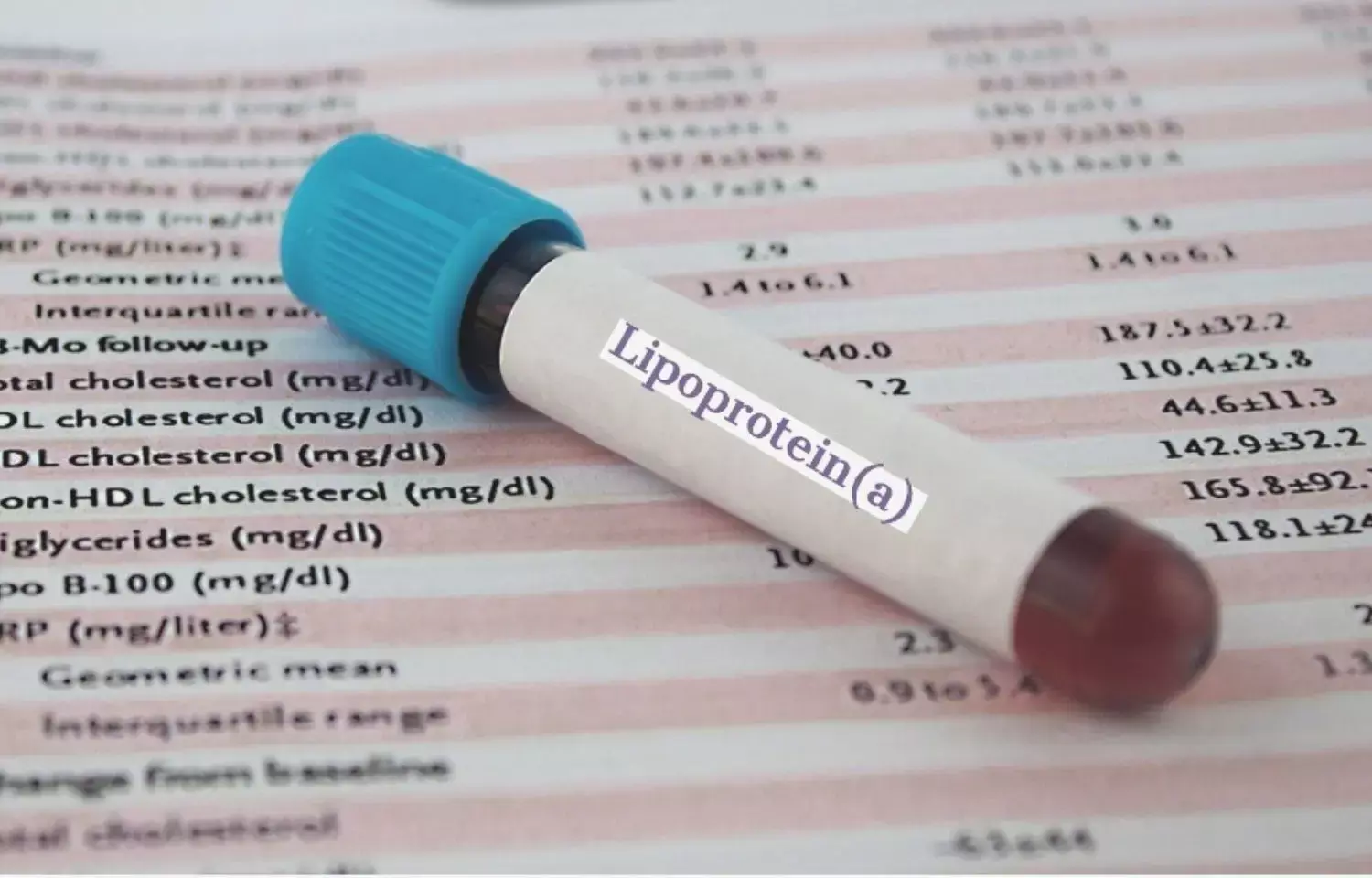- Home
- Medical news & Guidelines
- Anesthesiology
- Cardiology and CTVS
- Critical Care
- Dentistry
- Dermatology
- Diabetes and Endocrinology
- ENT
- Gastroenterology
- Medicine
- Nephrology
- Neurology
- Obstretics-Gynaecology
- Oncology
- Ophthalmology
- Orthopaedics
- Pediatrics-Neonatology
- Psychiatry
- Pulmonology
- Radiology
- Surgery
- Urology
- Laboratory Medicine
- Diet
- Nursing
- Paramedical
- Physiotherapy
- Health news
- Fact Check
- Bone Health Fact Check
- Brain Health Fact Check
- Cancer Related Fact Check
- Child Care Fact Check
- Dental and oral health fact check
- Diabetes and metabolic health fact check
- Diet and Nutrition Fact Check
- Eye and ENT Care Fact Check
- Fitness fact check
- Gut health fact check
- Heart health fact check
- Kidney health fact check
- Medical education fact check
- Men's health fact check
- Respiratory fact check
- Skin and hair care fact check
- Vaccine and Immunization fact check
- Women's health fact check
- AYUSH
- State News
- Andaman and Nicobar Islands
- Andhra Pradesh
- Arunachal Pradesh
- Assam
- Bihar
- Chandigarh
- Chattisgarh
- Dadra and Nagar Haveli
- Daman and Diu
- Delhi
- Goa
- Gujarat
- Haryana
- Himachal Pradesh
- Jammu & Kashmir
- Jharkhand
- Karnataka
- Kerala
- Ladakh
- Lakshadweep
- Madhya Pradesh
- Maharashtra
- Manipur
- Meghalaya
- Mizoram
- Nagaland
- Odisha
- Puducherry
- Punjab
- Rajasthan
- Sikkim
- Tamil Nadu
- Telangana
- Tripura
- Uttar Pradesh
- Uttrakhand
- West Bengal
- Medical Education
- Industry
Familial combined hyperlipidemia patients with higher Lp(a) levels have lower type 2 diabetes risk

A new study by Ioannis Skoumas and team showed that higher Lipoprotein(a) [Lp(a)] levels are associated with a decreased incidence of type 2 diabetes in familial combined hyperlipidemia (FCH) participants. The findings of this study were published in the Journal of Clinical Lipidology.
In the general population, lipoprotein(a) [Lp(a)] seems to have an inverse relationship with the risk of type 2 diabetes mellitus. The purpose of this study was to examine the prognostic value of Lp(a) in relation to the onset of type-2 diabetes in a unique sample of individuals with familial combination hyperlipidemia.
In this cohort analysis, 474 patients with FCH who did not have diabetes at baseline and were followed for an average of 8.2 to 6.8 years were included (mean age, 49.7 to 11.3, 64% male). To determine the lipid profile and Lp(a) levels, venous blood samples were taken during the baseline examination. The coveted outcome was the emergence of diabetes.
The key findings of this study were:
1. Patients with elevated Lp(a) levels ≥30mg/dl had lower triglyceride levels (238 113 vs 268 129 mg/dl, p=0.01), higher levels of high-density lipoprotein (HDL) cholesterol (44 10 vs 41 10 mg/dl, p=0.01), and more cases of hypertension (42% vs 32%, p=0.03).
2. 10.1% (n=48) of those with diabetes developed it for the first time during the follow-up period.
3. After controlling for covariates, a multiple Cox regression analysis showed that higher Lp(a) is an independent predictor of decreased diabetes incidence (HR 0.39, 95% CI 0.17-0.90, p=0.02).
Since increased Lp(a) is associated with lower triglyceride levels, a higher incidence of hypertension, and higher levels of HDL cholesterol, it appears that the presence of increased Lp(a) distinguishes the expression of metabolic syndrome traits in patients with FCH.
Reference:
Skoumas, I., Andrikou, I., Grigoriou, K., Dima, I., Lazarou, E., Vlachopoulos, C., & Tsioufis, K. (2023). Lipoprotein(a), metabolic profile and new-onset type-2 diabetes in patients with familial combined hyperlipidemia: a 9 year follow-up study. In Journal of Clinical Lipidology. Elsevier BV. https://doi.org/10.1016/j.jacl.2023.05.103
Neuroscience Masters graduate
Jacinthlyn Sylvia, a Neuroscience Master's graduate from Chennai has worked extensively in deciphering the neurobiology of cognition and motor control in aging. She also has spread-out exposure to Neurosurgery from her Bachelor’s. She is currently involved in active Neuro-Oncology research. She is an upcoming neuroscientist with a fiery passion for writing. Her news cover at Medical Dialogues feature recent discoveries and updates from the healthcare and biomedical research fields. She can be reached at editorial@medicaldialogues.in
Dr Kamal Kant Kohli-MBBS, DTCD- a chest specialist with more than 30 years of practice and a flair for writing clinical articles, Dr Kamal Kant Kohli joined Medical Dialogues as a Chief Editor of Medical News. Besides writing articles, as an editor, he proofreads and verifies all the medical content published on Medical Dialogues including those coming from journals, studies,medical conferences,guidelines etc. Email: drkohli@medicaldialogues.in. Contact no. 011-43720751


